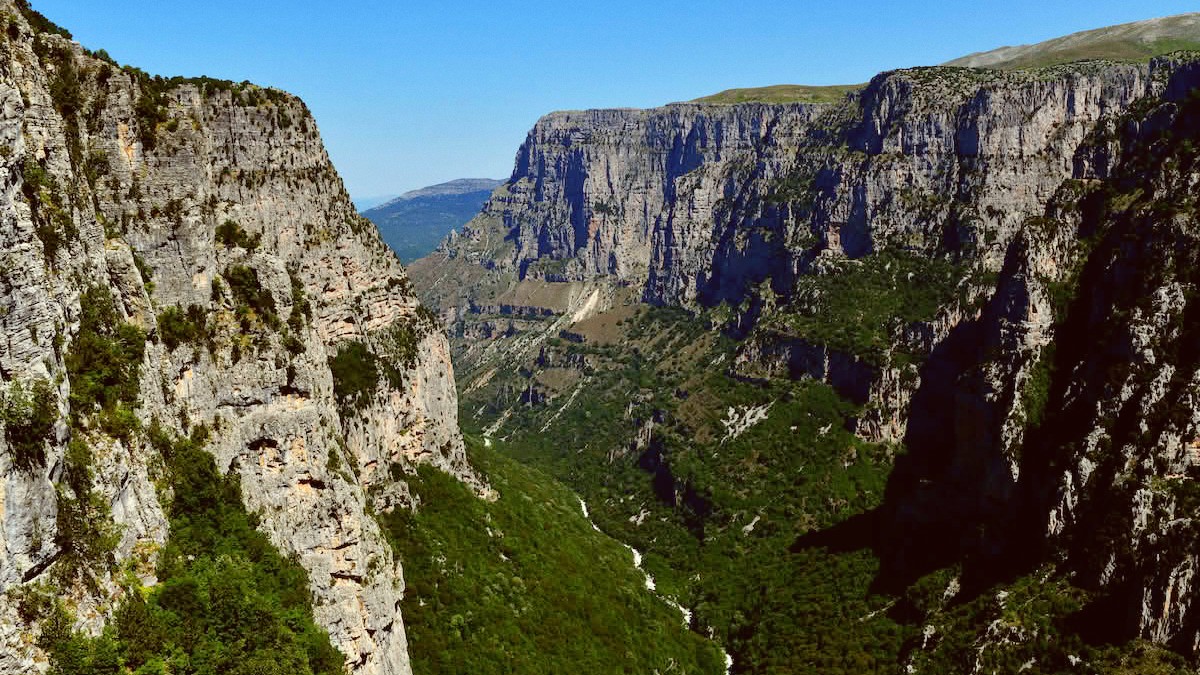
Northern Greece, Greece
Vikos-Aoös National Park preserves unique ecosystems, flora, and fauna, including brown bears and wolves.
Many Epirus areas, like Lake Pamvotida and Pindus mountains, are part of the EU's network for biodiversity conservation.
Greece improving waste systems. Recycling bins available in Ioannina. Minimize plastic by using reusable items.
Interacting respectfully with Ioannina's culture forms a core aspect of responsible travel.
Support local artisans and traditional crafts like Ioannina's silversmithing. Respect historical sites by following guidelines.
Engage with locals in a considerate manner.
Mindful photography respects local privacy and customs.
Appropriate behavior inside churches and monasteries.
Seek certified eco-friendly lodging or those promoting sustainable practices.
Ecobnb.comAlways follow posted rules at attractions. Ethical travel ensures positive experiences for both visitors and local communities.
Ensure your visit benefits the local economy and communities.
Directly backing local businesses strengthens the community.
Prioritize purchases that support fair practices.
Mindful choices ensure positive community and environmental interactions.
Staying in locally-run guesthouses directly supports local families and communities.
Choose tour operators that emphasize small groups and responsible wildlife viewing. G Adventures for ethical tours.
Donate to reputable local charities for community development or environmental protection, rather than directly to individuals. The Rainforest Site supports conservation.
Be wary of activities that exploit animals or people. Do not engage in begging or give money directly to children on the street, as this discourages school attendance.
Reduce your waste by using a Reusable coffee cup for your daily Greek coffee or frappe. Many cafes happily fill it.